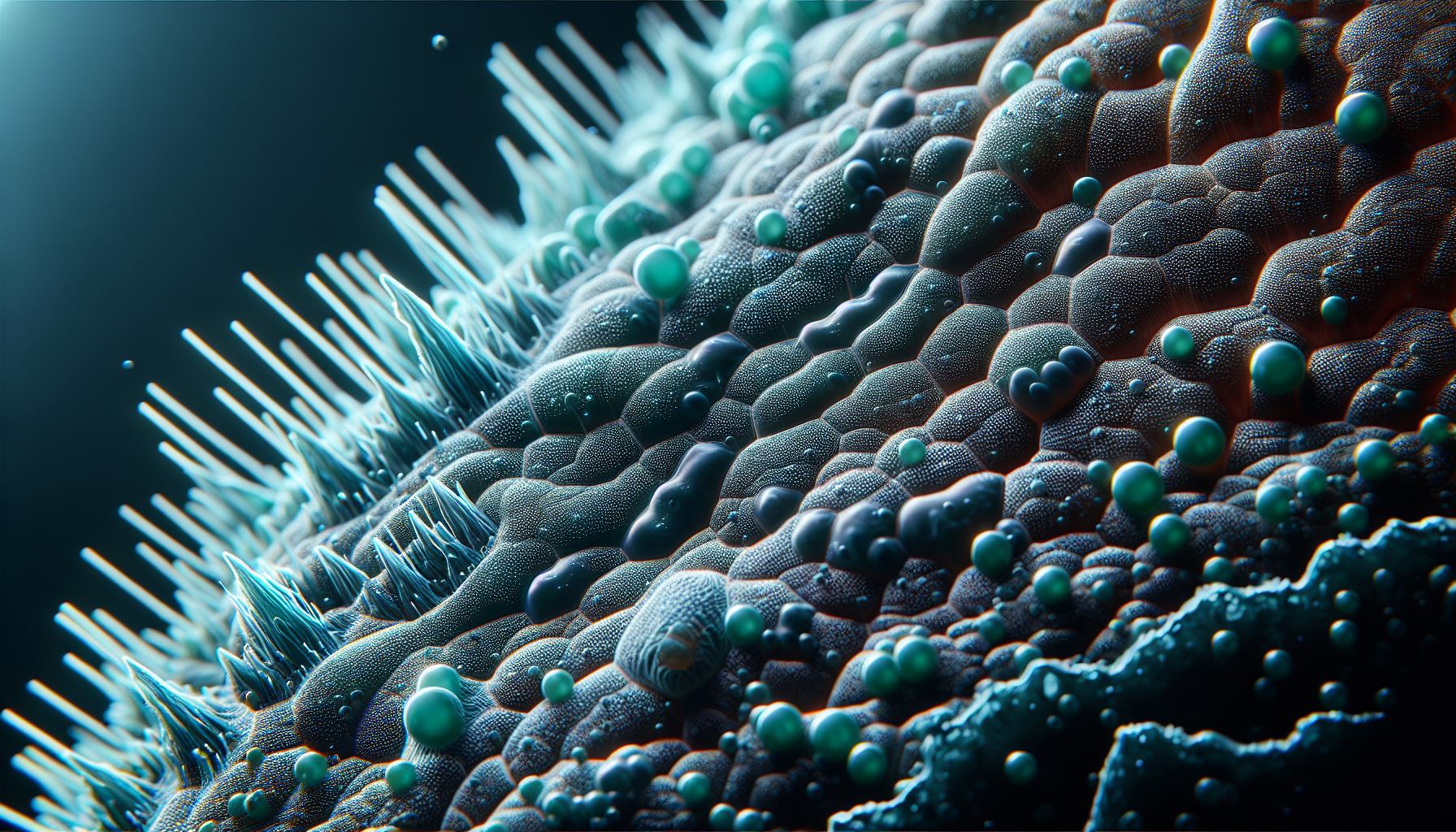Skin health is an essential aspect of overall well-being, yet it’s often overlooked in our day-to-day lives. The skin is not only the body’s largest organ but also its first line of defense against environmental hazards. It reflects our body’s history and is a telling sign of our internal health. Understanding the importance of regular skin check-ups and maintaining a healthy skin care regimen can lead to better health outcomes and a greater sense of personal wellness.
The Role of Skin in Overall Health
The skin serves a multitude of functions. It protects us from microbes, helps regulate body temperature, and permits the sensations of touch, heat, and cold. But its role extends beyond protection and sensation; the skin is also an indicator of our internal health. Issues like chronic inflammation or hormonal imbalances can manifest as skin conditions. For instance, gut health has been linked to skin appearance, suggesting a complex interplay between our digestive system and skin health. In light of this, regular skin examinations can act as a barometer for one’s overall health.
For a deeper understanding of the connection between internal health and skin, one might explore the implications of gut health on skin appearance through The Link Between Gut Health and Skin Appearance.
Importance of Regular Skin Check-Ups
Regular skin check-ups are crucial for early detection and prevention of skin diseases, including skin cancer, which is the most common form of cancer. Early detection of skin cancer, particularly melanoma, can be life-saving. A dermatologist can identify suspicious moles or lesions that may be overlooked in a self-examination. Additionally, professional skin assessments can reveal signs of other skin conditions, such as eczema or psoriasis, which may require specific treatment strategies.
To gain further insight into safeguarding against this disease, consider reading Detecting and Preventing Skin Cancer.
Best Practices for Daily Skin Care
An effective daily skin care routine is pivotal for maintaining healthy skin. This includes cleansing, moisturizing, and applying sunscreen to protect against harmful UV radiation, which is a significant risk factor for skin cancer and premature skin aging. Moreover, incorporating antioxidants into your skin care routine can aid in prevention and repair due to their ability to neutralize free radicals.
For a comprehensive guide on daily skin care, visit Best Practices for Daily Skin Care Routines.
Advances in Dermatological Treatments
Dermatology has seen significant advancements in treatments and skin care, which range from topical medications to laser therapy and beyond. These treatments can address a variety of skin concerns, including acne, hyperpigmentation, and signs of aging. Consulting with a dermatologist can open up a world of options tailored to your skin’s unique needs.
To explore modern solutions for skin health, delve into Advances in Dermatological Treatments and Skin Care.
The Connection to Other Aspects of Health
Skin health does not exist in a vacuum. It is intricately linked with other health domains, such as digestive, cardiovascular, and brain health. For instance, chronic stress can lead to skin issues like acne or eczema due to the release of stress hormones, which underscores the connection between brain health and skin condition. Therefore, a holistic approach to health that includes managing stress, eating a balanced diet, and regular physical activity is beneficial to skin health.
For a broader perspective on maintaining a balanced lifestyle for skin health, Brain Health offers valuable insights.
External Resources for Further Learning
To further your understanding of skin health and care, here are some valuable resources:
- The American Academy of Dermatology Association provides comprehensive information on various skin conditions and treatments: AAD Skin Conditions.
- The National Institute of Arthritis and Musculoskeletal and Skin Diseases offers detailed resources on skin diseases and research: NIAMS Skin Diseases.
- The Skin Cancer Foundation is a vital resource for learning about skin cancer prevention and early detection: Skin Cancer Prevention.
The Impact of Lifestyle on Skin Health
Lifestyle choices such as diet, exercise, and sleep quality have profound effects on skin health. Nutrients from a well-balanced diet provide the building blocks for healthy skin cells, while regular exercise increases blood flow, providing oxygen and nutrients to the skin. Quality sleep is also a cornerstone of skin health, as it allows the skin to repair and rejuvenate overnight.
Conclusion
Skin health is a multifaceted subject that extends beyond mere aesthetics. Regular skin check-ups, a comprehensive skin care routine, and a holistic approach to overall health are all integral to maintaining healthy skin. By staying informed and proactive about skin health, individuals can not only improve their skin’s appearance but also enhance their total well-being.
Remember, your skin tells a story—not just of your past, but of your present health. It’s time to listen to what it has to say and take the necessary steps to care for it. Regular dermatological check-ups, coupled with a dedicated skin care regimen and a healthy lifestyle, can lead to radiant skin and a healthier you.



